Hey there! Let’s talk about something super important—your health. Life gets busy, and it’s easy to push our well-being to the back burner. But here’s the deal: taking care of your body isn’t just about feeling good today; it’s about staying ahead of potential problems so you can live your best life tomorrow. That’s where a full health check-up comes in.
If you’ve ever wondered what a comprehensive health assessment is, why it matters, or what to expect during one, you’re in the right place. This guide will walk you through everything you need to know in a way that’s simple, friendly, and (hopefully) helpful. So grab a cup of coffee or tea, sit back, and let’s dive into this together.
What Exactly Is a Full Health Check-Up?
A full health check-up is like giving your body a complete tune-up. It’s a thorough medical evaluation designed to assess your overall health and catch any issues early on. Think of it as a deep dive into how your body is functioning—from head to toe.
During a full health check-up, healthcare professionals run a series of tests and screenings tailored to your age, gender, lifestyle, and family history. These tests help paint a clear picture of your current health status and identify risk factors for diseases you might not even realize are lurking.
In short, it’s a comprehensive health assessment that combines a physical exam, medical history review, and various diagnostic tests to ensure your health is on track.
Why Should You Get a Full Health Check-Up?
You might be thinking, “I feel fine. Do I really need this?” The short answer is yes—and here’s why:
1. Early Detection Saves Lives
Many serious conditions, like heart disease, diabetes, and certain cancers, don’t show symptoms until they’ve progressed. By catching these issues early, you give yourself the best chance at successful treatment.
2. Preventative Care Is Key
A full health check-up doesn’t just focus on finding problems—it also helps prevent them. For example, if your cholesterol levels are high, making dietary changes now could save you from heart trouble later.
3. Peace of Mind
There’s nothing quite like knowing you’re doing everything you can to stay healthy. A clean bill of health gives you confidence to tackle life without worrying about hidden health risks.
4. Personalized Insights
Every body is different. A full health check-up provides personalized insights into what works for you based on your unique genetics, habits, and environment.
In essence, it’s an essential part of preventative medicine that ensures you’re taking the right steps toward long-term wellness.
Who Needs a Full Health Check-Up?
The truth is, almost everyone can benefit from a health screening. However, some groups should prioritize it more than others:
- Adults Over 30: As we age, our bodies naturally become more prone to certain conditions.
- People with Family History of Diseases: If heart disease, diabetes, or cancer runs in your family, regular screenings are crucial.
- Those Leading Sedentary Lifestyles: Sitting all day at work? Your body needs extra attention.
- Smokers or Heavy Drinkers: These habits increase the risk of various health issues.
- Anyone Feeling “Off”: Even if you can’t pinpoint exactly what’s wrong, persistent fatigue, unexplained weight changes, or other vague symptoms warrant a closer look.
Ultimately, anyone seeking a complete understanding of their health can benefit from scheduling an appointment for a full health check.
What Happens During a Full Health Check-Up?
Okay, let’s break down what actually happens when you go in for a full health check-up. Spoiler alert: it’s not scary!
Step 1: Medical History Review
First up, you’ll meet with a healthcare provider. They’ll ask about your medical history, lifestyle habits (like diet, exercise, smoking), and any symptoms you may have noticed. Be honest here—it’s the only way they can tailor the tests to your needs.
Step 2: Physical Exam
Next, you’ll undergo a hands-on exam. This includes checking your vitals (blood pressure, pulse, temperature), listening to your heart and lungs, and examining your skin, eyes, ears, throat, and abdomen. Don’t worry—they’ll explain each step along the way.
Step 3: Lab Tests
This is where things get scientific. Depending on your profile, you might undergo blood tests, urine analysis, or stool samples. Common tests include:
- Blood sugar levels to screen for diabetes.
- Cholesterol levels to assess heart health.
- Liver and kidney function to ensure these vital organs are working properly.
- Thyroid function to rule out hormonal imbalances.
- Complete blood count (CBC) to check for infections, anemia, and more.
Step 4: Imaging Tests (If Needed)
Sometimes, additional imaging tests like X-rays, ultrasounds, or ECGs (electrocardiograms) are recommended to get a clearer picture of specific areas.
Step 5: Follow-Up Discussion
Once all the results are in, you’ll sit down with your healthcare provider again. They’ll explain what everything means, highlight any concerns, and suggest next steps—whether that’s lifestyle changes, medications, or further testing.
In summary, a full health check-up is a seamless experience designed to provide a complete overview of your health.
How Often Should You Get a Full Health Check-Up?
Here’s the golden rule: prevention beats reaction every time. But how often should you schedule these check-ups?
- For Adults Under 30: Every 2-3 years is usually sufficient unless you have specific risk factors.
- For Adults 30-50: Aim for once a year.
- For Adults Over 50: Annual check-ups are strongly recommended due to increased health risks.
Of course, if you develop new symptoms or have ongoing health concerns, don’t wait—schedule an appointment sooner.
Tips to Make the Most of Your Health Check-Up
Getting the most out of your full health check-up starts before you even walk into the clinic. Here are a few tips:
- Prepare ahead of time by writing down questions, noting your habits, and bringing a list of medications or supplements.
- Be honest during the medical history review—even small details matter.
- Fast if required, especially for blood tests that measure cholesterol or glucose levels.
- Consider bringing a friend or family member for support and to help remember details.
- Ask questions during your appointment to fully understand your results and next steps.
These strategies will ensure you leave the clinic with a clear understanding of your health and a plan to maintain or improve it.
Common Misconceptions About Full Health Check-Ups
Let’s bust a few myths while we’re at it:
Myth #1: “Only Sick People Need Check-Ups”
Wrong! Healthy people use check-ups to stay healthy by preventing future problems.
Myth #2: “It’s Too Expensive”
While costs vary, many insurance plans cover preventive care. Plus, investing in your health now can save you money (and pain) down the road.
Myth #3: “I’ll Know If Something’s Wrong”
Not necessarily. Many serious conditions are silent killers. Early detection through regular check-ups is key.
Wrapping It Up
So, there you have it—a complete guide to understanding full health check-ups. Remember, your health is your greatest asset. Taking proactive steps today ensures you’re ready to enjoy life to its fullest tomorrow.
Whether you’re scheduling your first-ever check-up or just brushing up on the details, I hope this article has been helpful. Now go ahead and take charge of your well-being—you deserve it!
Got more questions? Feel free to drop them below, and I’ll do my best to help. Stay healthy, friend!
Ready to take the next step toward better health? At NY Choice Medical , we’re here to make your wellness journey simple, seamless, and personalized. Whether you’re due for a full health check-up, need preventive care, or have specific concerns, our team is dedicated to providing you with the highest standard of medical services in a comfortable and supportive environment.
Frequently Asked Questions About Full Health Check-Ups
Got questions about full health check-ups? You’re not alone! Here are answers to 10 of the most common questions people have. Let’s dive in and clear things up for you.
2. Why should I get a full health check-up if I feel fine?
Even if you feel healthy, many conditions like high cholesterol, diabetes, or early-stage heart disease often don’t show symptoms until they’ve progressed. A full health check-up helps catch these issues early when they’re easier to manage or treat.
3. How often should I schedule a full health check-up?
For adults under 30, every 2-3 years is usually sufficient unless you have specific risk factors. Adults aged 30-50 should aim for annual check-ups, and those over 50 should prioritize yearly screenings due to increased health risks.
4. What happens during a full health check-up?
During a full health check-up, you’ll typically undergo:
- A medical history review to understand your lifestyle and family health background.
- A physical exam to check vitals like blood pressure, pulse, and temperature.
- Lab tests such as blood work (e.g., cholesterol, glucose levels) and urine analysis.
- Sometimes imaging tests like X-rays or ultrasounds, depending on your needs.
5. Do I need to fast before a full health check-up?
Yes, fasting is often required for certain blood tests, especially those measuring cholesterol, blood sugar, or liver function. Your clinic will provide specific instructions, but fasting usually means no food or drink (except water) for 8-12 hours before the appointment.
6. What kind of tests are included in a full health check-up?
Common tests include:
- Blood tests to check cholesterol, glucose, kidney function, and more.
- Urine analysis to screen for infections or kidney issues.
- Imaging tests like ECGs or ultrasounds for heart and abdominal health.
- Cancer screenings (e.g., mammograms, PSA tests) based on age and gender.
7. Is a full health check-up covered by insurance?
Many insurance plans cover preventive services like health screenings and annual check-ups. However, coverage varies depending on your plan. It’s a good idea to check with your provider beforehand to understand what’s included.
8. How long does a full health check-up take?
The duration depends on the scope of the assessment, but most full health check-ups take 1-3 hours. This includes time for the consultation, physical exam, lab tests, and any additional screenings. Follow-up discussions to review results may happen on the same day or later.
9. Can I eat or drink after the fasting period ends?
Yes, once the fasting period is over and the necessary tests are completed, you can eat and drink normally. Many clinics even offer snacks or refreshments after the appointment to help you refuel.
10. What should I bring to my full health check-up appointment?
To make the most of your visit, bring:
- A list of medications or supplements you’re taking.
- Any recent test results or medical records.
- Questions or concerns you want to discuss.
- Comfortable clothing for the physical exam.
- Identification and insurance information.

